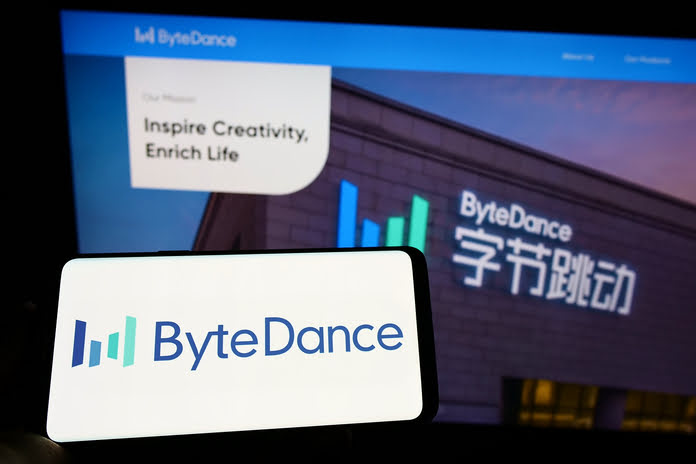Tencent Holdings and ByteDance
China’s internet giants, including Tencent Holdings Ltd. (OTC:TECHY) and ByteDance Ltd., have for the first time disclosed details of their treasured algorithms with Beijing in an unprecedented measure aimed at preventing data exploitation that might compromise highly guarded company secrets.
Friday, the internet watchdog issued a list of 30 algorithms that companies such as Alibaba Group Holding Ltd. (NYSE:BABA) and Meituan use to collect user data, customize customized recommendations, and serve content. While the public list did not disclose the actual code, it was unclear to what extent internet companies disclosed their underlying software to authorities in private.
The algorithms that determine which TikTok videos, WeChat postings, and Instagram (NASDAQ:META) photographs users see are regarded as the “secret sauce” of many online services, as they are crucial for catching user interest and fostering growth. In an effort to address complaints about data abuse, China introduced in March legislation requiring internet companies to disclose such tools. These regulations also help officials put internet companies on a tighter leash.
The algorithms of the tech industry like ByteDance are closely guarded and at the center of global political conflicts. This disclosure requirement distinguishes China from countries such as the United States, where Meta Platforms Inc. (NASDAQ:META) and Alphabet Inc. (NASDAQ:GOOGL) have successfully argued that algorithms are trade secrets, despite the fact that legislators and activists seek to better comprehend how these companies curate content and manage data.
Zhai Wei, executive director of the Competition Law Research Center at East China University of Political Science and Law in Shanghai, expressed that No one has ever had access to such information.” “The algorithms of technology businesses are the most important trade secrets that symbolize their competencies.
Zhai stated that the Cyberspace Administration of China now demands only basic information from enterprises, but it may request further information to investigate complaints of data abuses. The publishing of the list indicates that the implementation process is proceeding smoothly, according to Ding Mengdan, an attorney at the Hangzhou branch of the Beijing Yingke law firm.
China has begun tightening laws to curb the formerly unrestrained growth of the country’s internet giants like ByteDance. Last year, the country passed the Personal Information Protection Law and the Data Security Law, which impose stricter regulations on how businesses handle user data.
The list of algorithms available for public examination is limited to brief descriptions of how they function and the products and use cases where they are applicable. ByteDance claims that its algorithm can determine a user’s likes and dislikes in order to propose content on apps such as Douyin, the Chinese cousin of TikTok. Meituan asserts that its algorithms optimize the delivery of food orders to riders based on their downtime and delivery route.
Under the regulations, companies like Tencent Holdings Ltd. (OTC:TECHY) and ByteDance Ltd must also submit non-public information to the CAC, such as a self-assessment of the security of their algorithms, the data they collect, and whether or not it includes sensitive biometric or identity information, as well as the data sources used to train their algorithms. The CAC, which released the guidelines alongside the Ministry of Industry and Information Technology, the Ministry of Public Security, and the State Administration of Market Regulation, stated that it will continue to update the list.
The material submitted by the corporations to the CAC is significantly more extensive than what was published, and it contains trade secrets that cannot be disclosed to the public, Zhai explained.
Featured Image: Megapixl @Timonschneider















